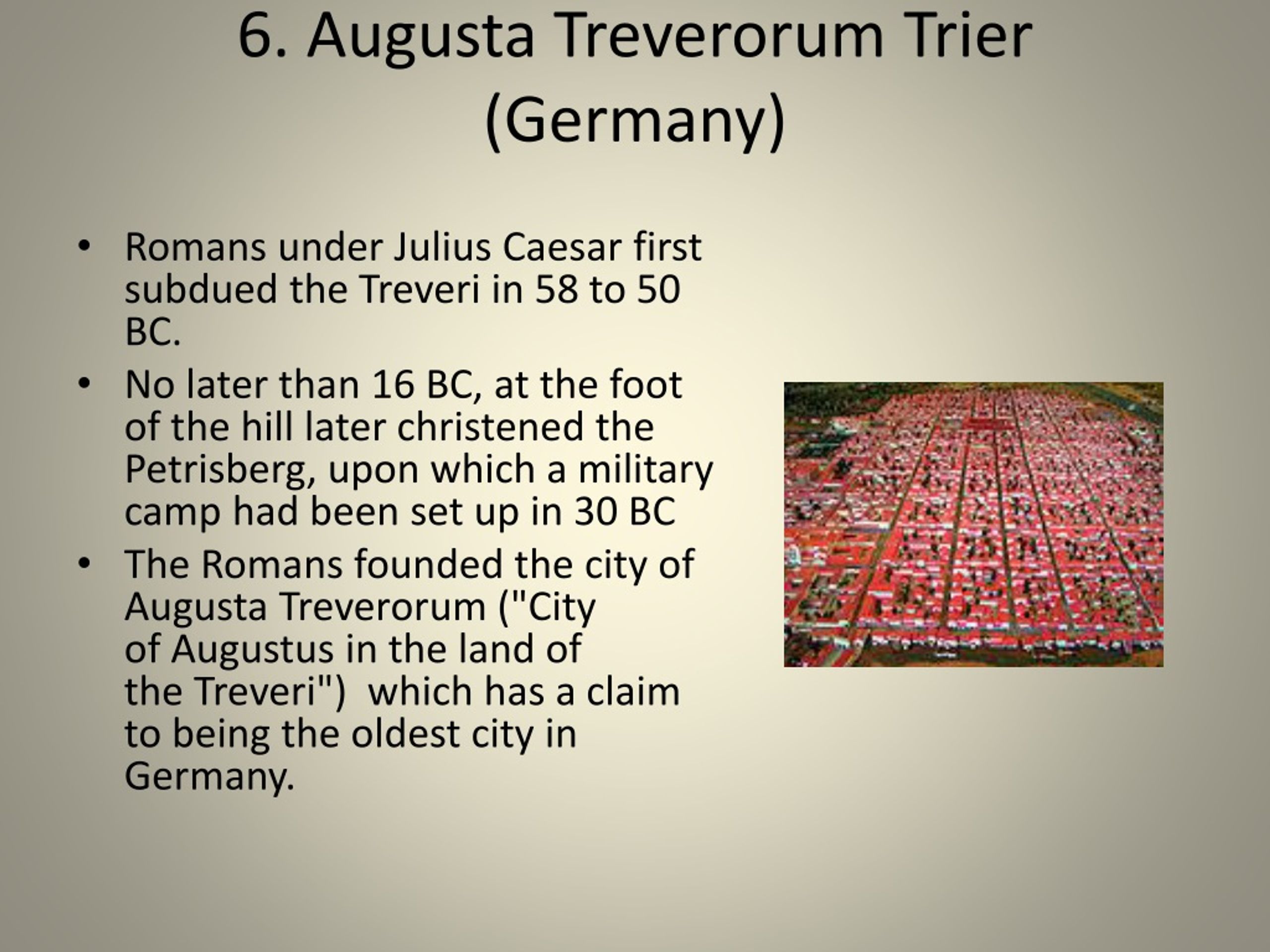

North Africa, the Roman province in which Augustine lived, is a case in point: Catholic Christianity was at the time he became bishop, merely a minority Church.ĭonatism (Donatus d. Secondly, Christianity at the time of Augustine was anything but a monolithic whole. It was also his reaction to the pagan accusation that the Fall of Rome in 411, was the result of the reprisal of the gods against the replacement of pagan rites by Christianity, or else that the weakening of the Roman Empire was the cause of the new Christian morality, which advocated the love of one’s enemy, a universal brotherhood, humility, meekness, patience, and so on.

This was one of the major aspects of Christian life he reacted against in his magisterial and monumental work The City of God, composed between 413 and 426. This reveals that paganism had certainly not been wiped out and done with even long after 313. The fact that believers from his bishopric still participated in pagan festivals before they flocked to his church, was of great concern to him. Christianity was not the only or prevalent religious voice. Only then shall we be able to assess which of these prejudices are founded for instance, to what extent can one rightly label as negative certain aspects of Augustine’s thought – and, on the other hand, which prejudices seem less correct, and thus Augustine’s thoughts may even contain kernels of truth?Īugustine lived in a very diverse historical and religious landscape than ours. In order to obtain the desired true meaning of Augustine for us today, one needs, before all, examine and deconstruct some of these prejudices. There are many portraits of him, as well as many prejudices. After his demise, he was read, re-read and explained, interpreted over and over again, to the extent that now, after 16 centuries, it often results extremely difficult to maintain sufficient distance from him, in order to form a picture of him in all historical and intellectual objectivity. One has to keep in mind that already during his lifetime, Augustine received a prominent place within the history of Christianity and in the development of the whole of Western thought. I am, therefore, suggesting a more irenic and contemporary reading of Augustine’s life, mission and oeuvre, proposing to strip it of a great amount of prejudices heaped upon it throughout the ages, and thus obtain a more objective and correct reading of his life and times, so as we can then look into the constructive reciprocity and fruitful interaction between context and content. MORE Dogma and untruths in the name of St Augustine’s despotic Godīesides a surprisingly distorted and rather popular and outdated reading and interpretation of the early history of Christianity, the author’s presentation of the theology and Christology, as well as the person and legacy of the great Doctor and Father of the Church Augustine of Hippo, (354-430) need correction.

Beyond any discussion on Bill 113, which local Ecclesiastical and lay authorities have so admirably and exhaustively affirmed as being extremely and intrinsically deleterious, my primary interest is with regard to some opinions which Mark Camilleri splashed with such an appalling unhistorical ease i n his contribution in your newspaper of Sunday, 30 August 2015.īesides a rather distorted analysis of the Son of God’s Person and mission, in word and deed, I think I need not spill too much ink but simply suggest to Mr Camilleri to read, or re-read, with less haste and prejudice, Christ’s Sermon on the Mount and the very opening words of St Augustine’s Confessions.


 0 kommentar(er)
0 kommentar(er)
